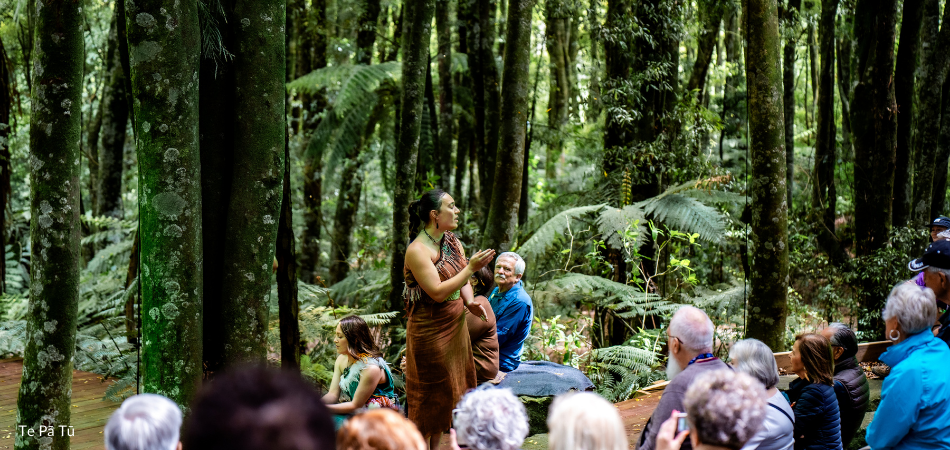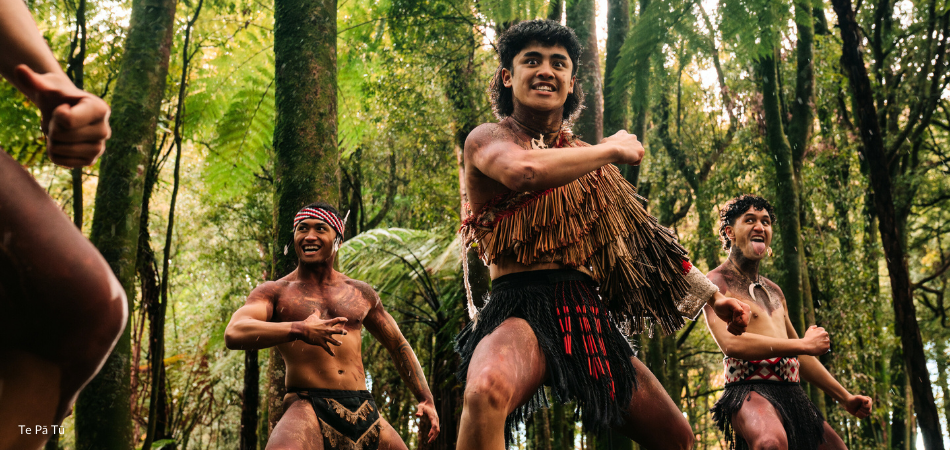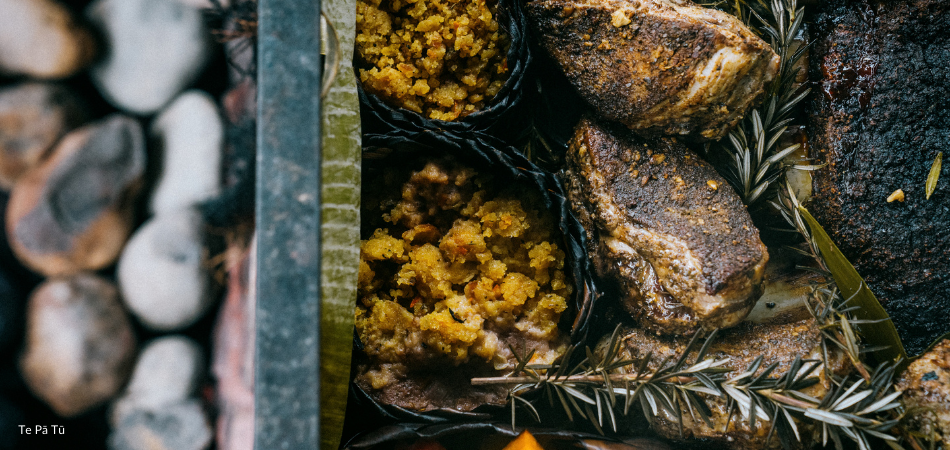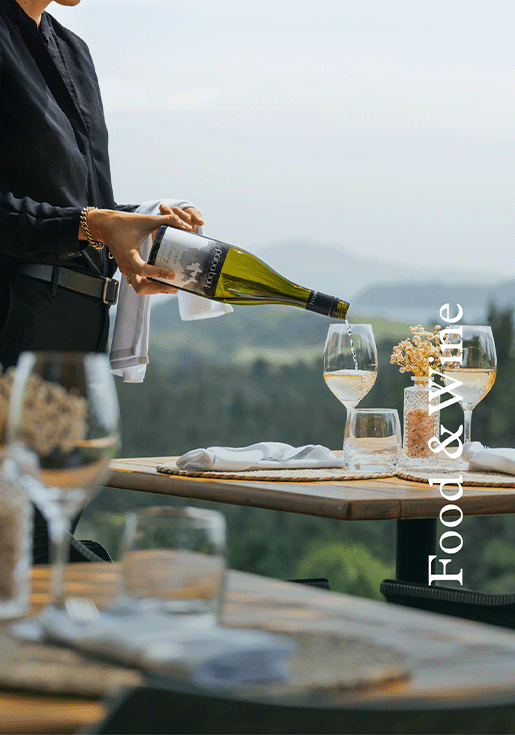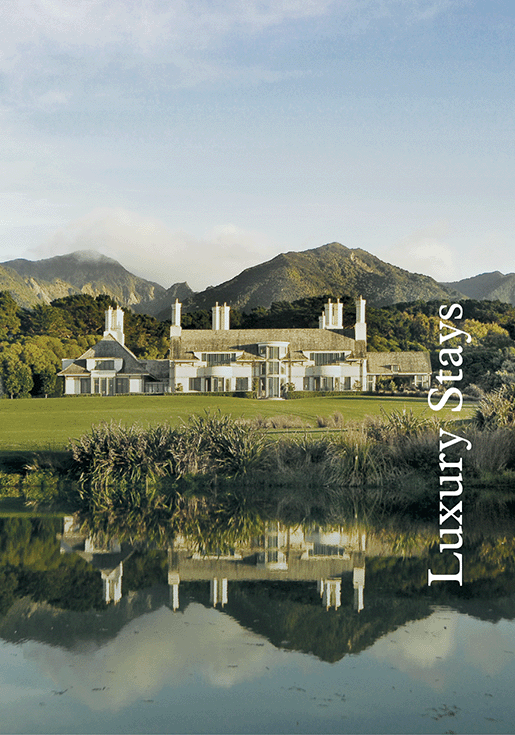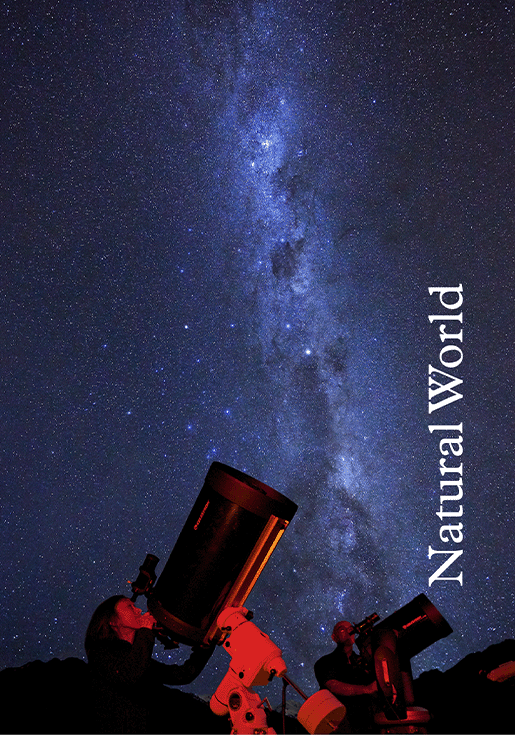A Guide to Māori Culture in New Zealand
When travelling to New Zealand, you’ll quickly discover that Māori culture is not just part of the country’s past, it’s an essential part of its living identity today. The traditions, language, and stories of the Māori people are woven into daily life, offering visitors a unique opportunity to experience a culture that is deeply connected to the land, community, and spirituality.
The Origins of Māori in New Zealand
The Māori are the indigenous people of New Zealand, arriving from East Polynesia more than 700 years ago. They travelled in great waka (canoes), navigating vast stretches of the Pacific Ocean using the stars and natural signs. Their arrival marked the beginning of a rich culture, built on strong values of kinship, respect for the environment, and storytelling.
Te Reo Māori | The Māori Language
Te Reo Māori is one of New Zealand’s official languages and plays a vital role in preserving cultural identity. Visitors will notice Māori names for towns, mountains, and rivers throughout the country. Simple greetings like kia ora (hello) or mōrena (good morning) are widely used and offer an easy way for travellers to engage respectfully with the culture.
Pōwhiri | A Traditional Welcome
One of the most memorable cultural experiences is a pōwhiri, a Māori welcoming ceremony. Traditionally held on a marae (meeting place), the ceremony includes speeches, singing, and symbolic gestures of peace. Visitors are often welcomed with warmth and respect, leaving them with a deeper appreciation of Māori values of unity and hospitality.
Kapa Haka | Song, Dance, and Strength
Kapa haka is a powerful form of Māori performance that combines song, dance, and chanting. Audiences may experience the world-famous haka, a posture dance used historically to prepare for battle but now performed at ceremonies and sporting events. These performances are not just displays of talent but expressions of pride, community, and cultural strength.
Ta Moko | Māori Tattooing
Moko, traditional Māori tattooing, is one of the most recognisable cultural expressions. Unlike decorative tattoos, each ta moko design tells a personal story about the wearer’s family, history, and status. It is a sacred practice, deeply tied to identity and belonging.
Kai | Traditional Māori Food
Food holds an important place in Māori culture. A hāngī is one of the most traditional ways of cooking, where meat and vegetables are slow-cooked underground using heated stones. Sharing food in this way symbolises togetherness and community, offering visitors a taste of both flavour and tradition.
Legends and Ancestral Stories
Māori mythology, or pūrākau, explains the world around us through rich storytelling. Tales such as the separation of Ranginui (Sky Father) and Papatūānuku (Earth Mother), or the adventures of the demigod Māui, connect the land and natural features of New Zealand to deeper spiritual meaning. Travellers will find that these legends bring landscapes to life in a way that makes each mountain, river, and forest feel more profound.
Experiencing Māori Culture Today
From attending cultural performances to taking part in a guided tour led by Māori storytellers, there are many ways to connect with this vibrant culture during your travels. Visitors can expect not just entertainment, but meaningful experiences that reflect Māori values of respect, community, and guardianship of the land (kaitiakitanga).
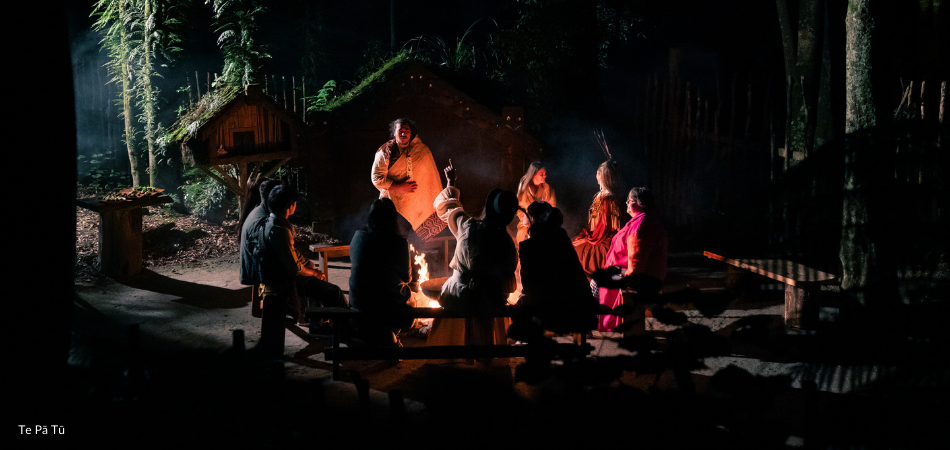
Plan Your Cultural Journey
We design itineraries that go beyond sightseeing. By including authentic Māori cultural encounters, whether it’s sharing in a hāngī, witnessing a stirring haka, or being welcomed with a pōwhiri, we ensure your journey through Aotearoa is as enriching as it is unforgettable.
Categories:
- Articles of Interest
- The Best of New Zealand
- Essential Info
Published on: 16 Sep 2025, Written by: Neve Faed
CUSTOMISED EXPERIENCE
Get Inspired
What's on your bucket list?
Indulge in a world of refined elegance and unforgettable experiences. Exclusive retreats, carefully crafted wines and all of New Zealands natural wonders are available to you through Fine Tours. We have spent 20 years building relationships with the best on offer and we would like to share it with you.
Indulge in a world of refined elegance and unforgettable experiences. Exclusive retreats, carefully crafted wines and all of New Zealands natural wonders are available to you through Fine Tours. We have spent 20 years building relationships with the best on offer and we would like to share it with you.
